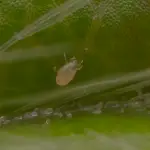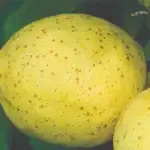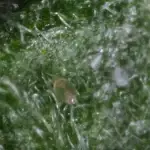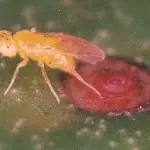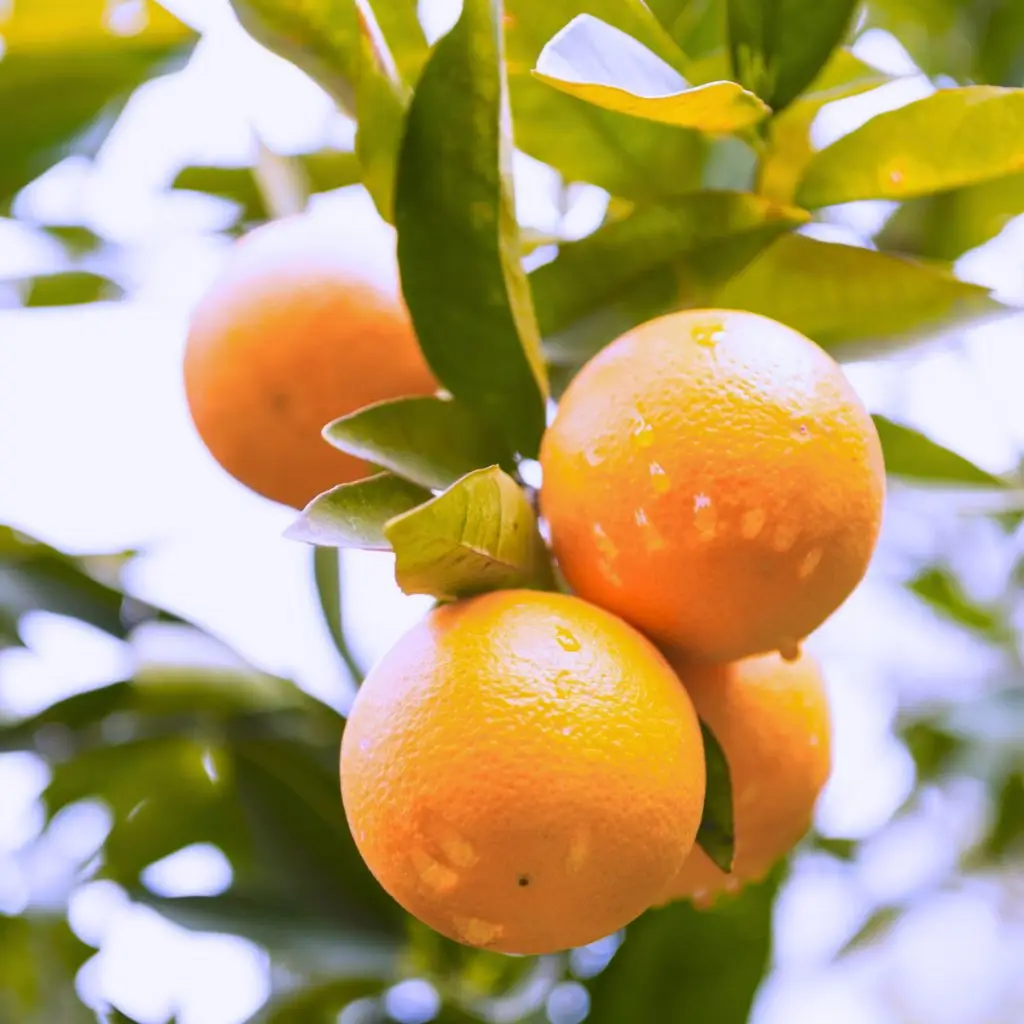Citrus
Overview
The citrus industry is one of the largest fresh produce industries in Australia.
The main production regions are the Riverland (SA), Riverina (New South Wales), the Sunraysia (northwest Victoria and southwest NSW), Queensland, Western Australia, and the Northern Territory.
Red Scale (Aonidiella aurantia) became a major pest of citrus in the late 1950s. During the late 1960s the South Australian and Victorian Agricultural departments investigated biological options. Aphytis melinus proved the most suited parasite for the Southern Mediterranean climates with hot/dry summers.
Biological Services commenced rearing Aphytis melinus parasites in 1971, making us the first commercial insectary in Australia. By the mid-1970s, A. melinus was established in all Southern citrus growing districts and gave considerable control of red scale compared to spraying alone. Whilst Red Scale will always be present, infestations no longer reach the extremes of the 1960s.
Signs you have Citrus pests
The key to controlling Red Scale in your citrus crop effectively is detecting them early and introducing beneficials at the right moment.
Red Scale infestations lead to reduced fruit quality, decreasing tree vigour and eventually, tree death. Scale is generally more noticeable on fruits, but leaves and stems are also affected.
Red Scale is a declared biosecurity threat in other countries and affects Australian exports if detected.
Products you can use to control Citrus pests
You can control Red Scale with Aphytis melinus (Aphytis).
Your local Biological Services Consultant can provide year-round, professional crop monitoring and expert IPM program advice.
Other tips for managing pests in your Citrus
Aphytis work best in orchards with a vegetative sward that supplies some humidity and coolness during extreme heat, and reduces dust. Use sprinklers (especially overheads) to help keep your orchards cool and remove dust.
Aphytis populations are impacted by insecticide sprays, extended heatwave conditions, and winter conditions.
Whilst some other pests may require pesticide treatments occasionally, we advise keeping broad-spectrum and residual chemical treatments to a minimum. Citrus such as mandarins and juicing varieties like Valencia rarely require insecticide treatments. Release programs in these varieties can be used as breeding areas for parasites for the rest of the orchard. These areas may require an occasional oil spray for pests which will not disrupt your overall IPM program.
We recommend regular Aphytis releases between September and April to keep populations present at all times.
Regular scouting of the orchards is critical for detecting Red Scale early.
Get tailored advice for your commercial crop
To speak with one of our qualified consultants about your current commercial crop challenge or to learn about the benefits of the IPM maintenance and monitoring services we provide, contact us.
